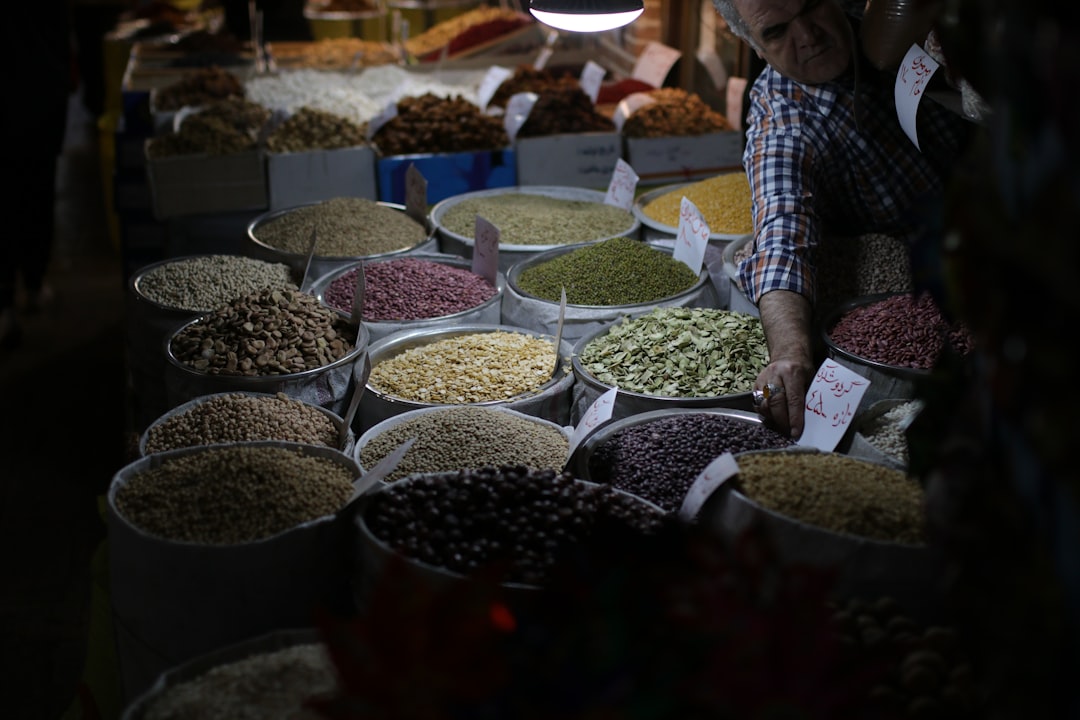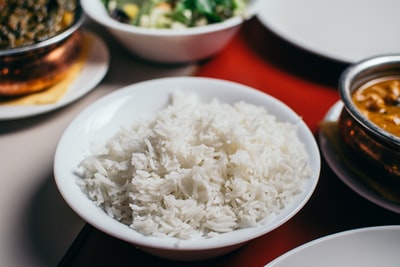Many people think that sweets are made just from sugar and they are not wrong. But there are some sweeteners that are used on a daily basis and these are really healthy for the body. They not only provide great protection from diseases but also give the body the power it wants. Every year half of Asia is affected by cholera which is one of the most deadly diseases known to man. Did you know that Sri Lanka is the only place in Asia where cholera is not an issue? Cancer is the second most deadly disease in the world, with over 500,000 new cases appearing each year.How did this come about and what can be done to stop it?
The word ‘ sweets ‘ comes from the Tamil word ‘kosher’ and this is what it means. These days it is used to describe a range of food that are prepared in accordance with specific religious practices. Sweets are those that contain a mixture of sweet with different flavors. Glutinous and synical foods are also categorized as sweets. These are known as confectioneries.

Some of the traditional sweet varieties are chestnut, cherry, macadamia, mango, and pistachio. Many of these can be found in ethnic Indian restaurants or eateries in the West and Southgalleries. The quality of the product is very high and these places are well known for their contribution to the health nut movement.
The modern day word ‘sugar’ is a registered trademark and is used to designate the corn syrup extractives and is also used as a sweetener. Diabetic circles are often concerned that foods that are called sugar are not as good for the health as it is suggested they be for example some form of sugar free jam or sauce for fruit cakes. The recent hype about fructose leaching from corn syrup and henceructose as a sweetener has led to some companies now labeling their products as naturally sweet.
The government also consider the amount of sugar in food and beverage products to be harmful and this is why they consider it a rule. However there is also the perception that sugar is not healthy and the tendency to add sugar to a diet is a contributing factor to obesity which is becoming a huge health issue in many affluent nations.
Some of the products that are highly sugar laden include jams, jellies, mayonnaise, sugary cereals, malt/extract and even some flakes of salt which if eaten together for more than a few days can lead to diarrhea.
Mayonnaise is normally used in sandwiches and is an essential ingredient in dressings but can cause intolerance to those who have intolerance to onions, garlic, salt, onion extract, and other ingredients.
The most common way to alleviate the symptoms of intolerance to these ingredients is to consume products that contain no sugar and/or artificial sweeteners and also rich in fiber.
Fiber can be considered a pre-requisite nutrient. People who are deficient in fiber will experience constipation and jerkiness. Those suffering from constipation are also prone to develop any number of otheruty conditions as well as heartburn, bloating, gas, edema, bulbiness, and so on.
The best way to remedy all of the above is to consume a diet that is rich in fiber. The fiber content will not only improve the digestion process, reduce cholesterol levels and lower the risk of cardiovascular disease, It will also improve the body’s ability to hold onto stored fat and will add to its regularity and effectiveness.
Drinking lots of coffee isn’t a good idea at all given the number of compounds that caffeine converts into in the body. One study cited in the Harvard School of Public Health was done to show that people who consumed three to four cups of coffee per day had a reduced risk of developing type 2 diabetes. Another study cited in the same publication showed that those who drank three cups of coffee a day had a reduced risk of age related cognitive disease.
One large study that involved thousands of people was done in 2002 and published in the American Journal of Clinical Nutrition. The study showed that drinking one to three cups of coffee a day cut the risk of developing type 2 diabetes by a whopping 59%. Controlling diabetes risks by eating a whole-foods diet was also recommended by the American Diabetes Association at that time.
Caffeine has also been in the focus of research for several years now. A 2005 study that Media closest to the recovery after the tsunami in Indonesia was done with more than 20,000 people and it was concluded that drinking caffeinated coffee is safe and not connected to any sickness. Another study in 2006 undertaken by the University of Miami indicated that moderate caffeine consumption ‘undyed’ the red blood cells of volunteers enough to improve their mental alertness.








